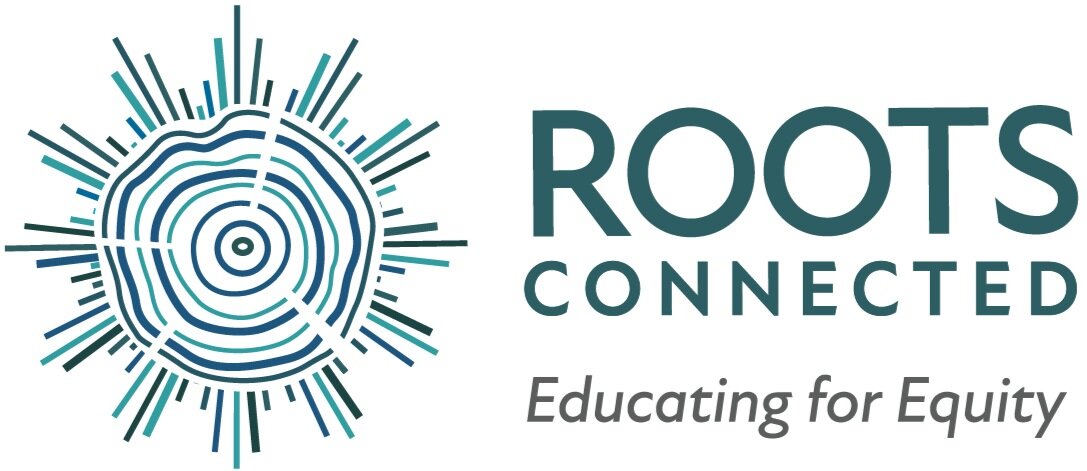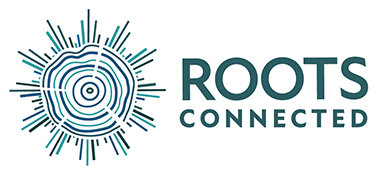Do We Talk About "Acceptance" With Our Students?
Contributor: Sahba Rohani
The concept of "acceptance" is built into our core value of Honor Yourself and Others, and is a concept we address with our students starting in Kindergarten. We want kids to realize that their perspective is important and we work hard to help them understand where their perspective comes from and to value that. We also want our students to understand that there is never a single story and we emphasize the importance of learning to hear and accept the perspectives of others. We do this in two ways: through our anti-bias approach to curriculum and through our approach to building strong classroom communities. We use an anti-bias approach to curriculum, one that encourages students to look at history and literature critically and from multiple perspectives. Starting in Kindergarten, we ask students to think about their identities (in more tangible ways like skin color and hair) and how they are the same or different than their classmates. This learning builds over time. Each year our students develop an understanding around more complex social justice concepts that continues to reinforce what they have learned the year before. For example, by the time our students are in 8th grade, they are able study labor movements in the United States, and understand how labor is impacted by a person’s immigration status, race, economic privilege, and other identifiers. These conversations are possible because of the many conversations that have preceded them. Through this lens, students are pushed to consider what “acceptance” means in the context of history and current events.
In our classrooms, we regularly make space for students to learn from one another. We talk about creating brave spaces where students feel comfortable sharing their stories, expressing their identities and listening to others. We make time for our students to get to know one another as human beings and to both learn and have fun together. If a conflict arises, we utilize a restorative practices approach. Children are asked to think about their actions, understand their motivations, and consider the impact their actions may have had on others. After self-reflection, students are then guided to talk to one another (or the group or the class) to share their perspective and restore a sense of community. We believe that true "acceptance" requires a proactive approach; in order to meet the needs of a diverse group of students, we have to work every day to build strong and accountable communities.
It is our hope and intention that over the course of their time with us, our students build a strong understanding of their own identities and consider ways in which they can be upstanders in their communities.



